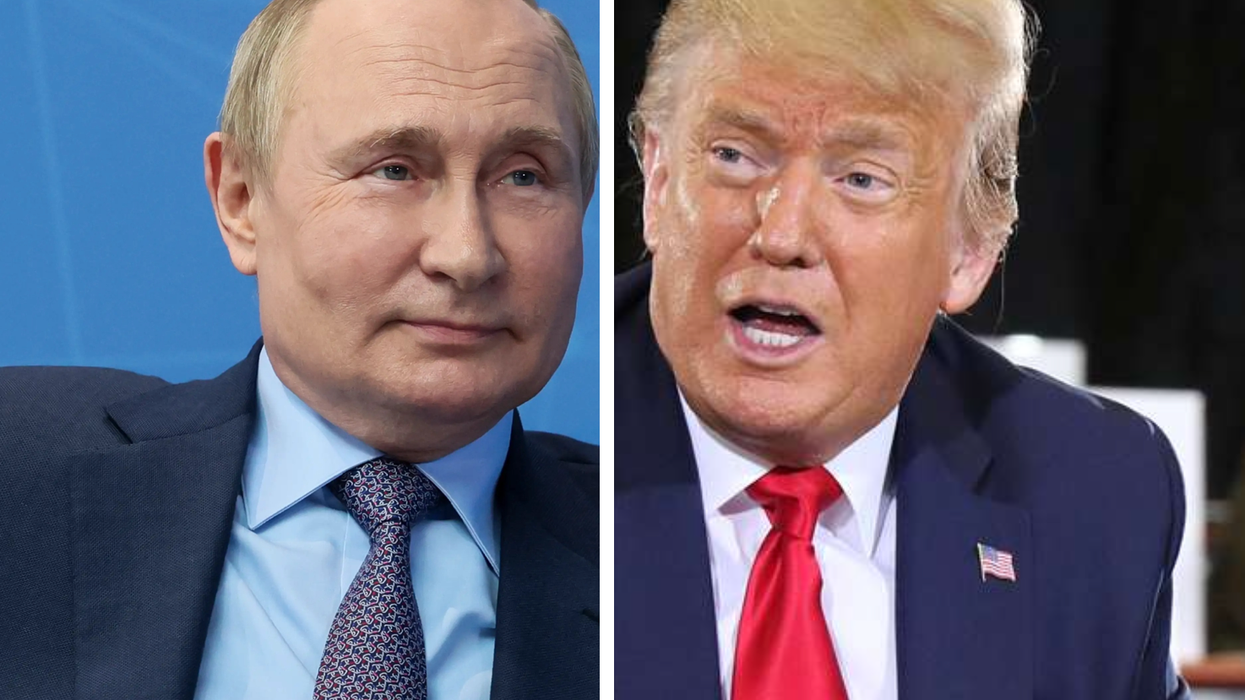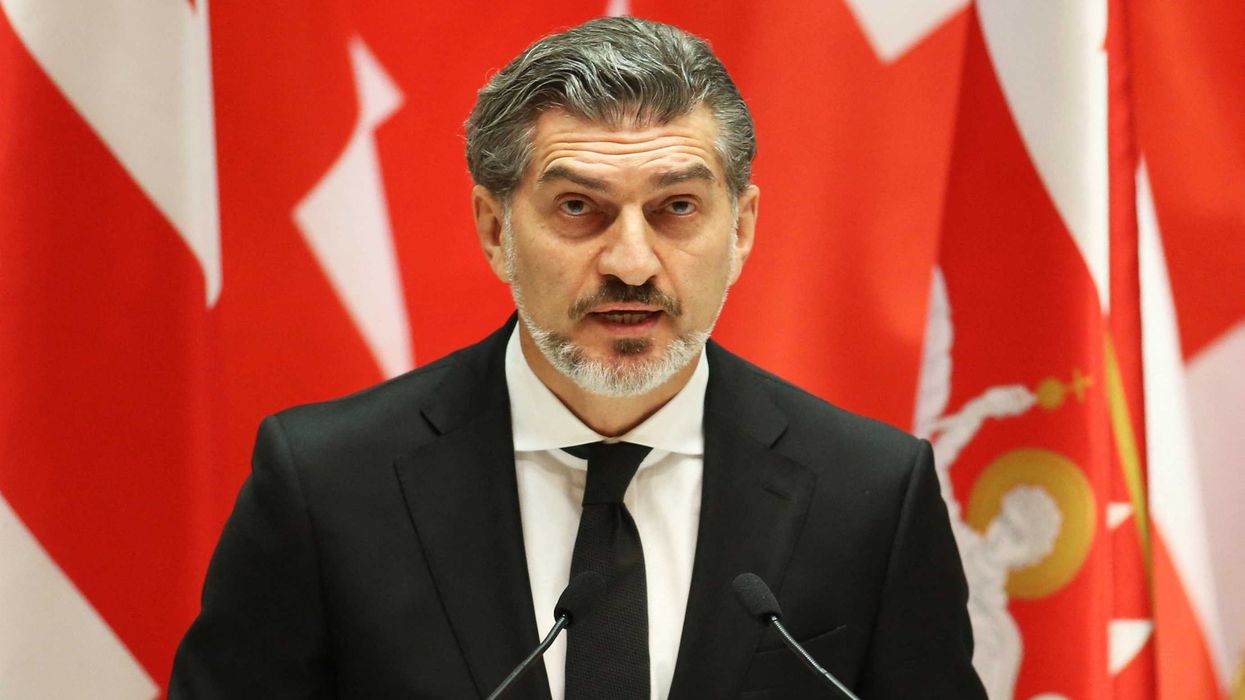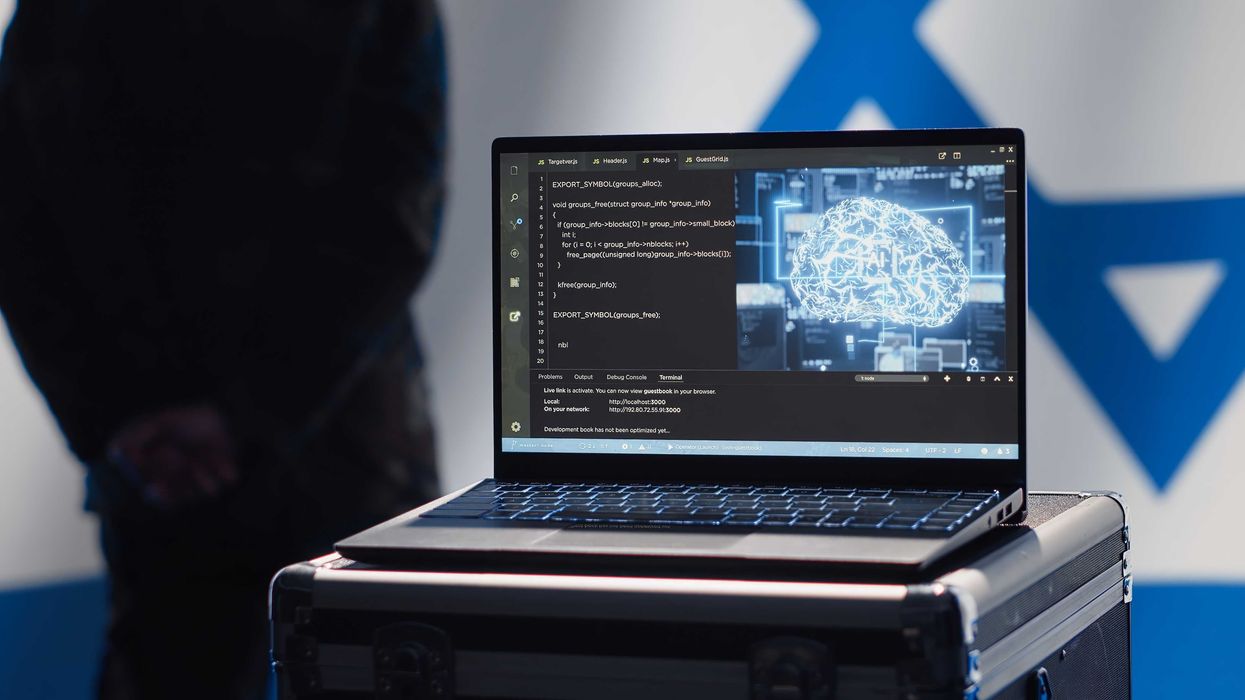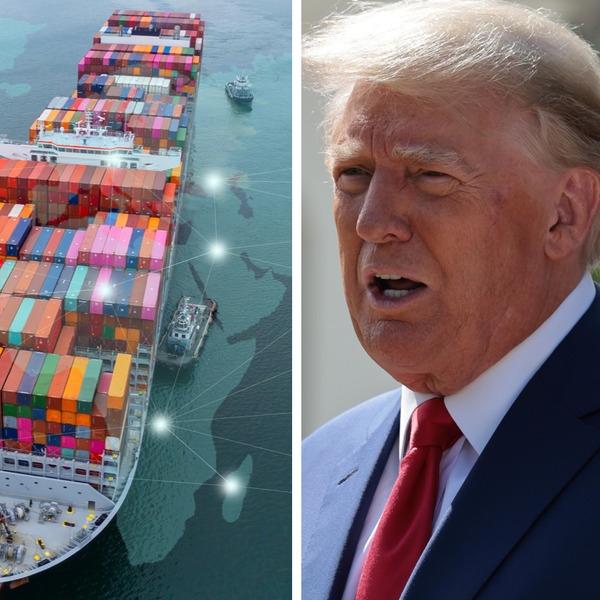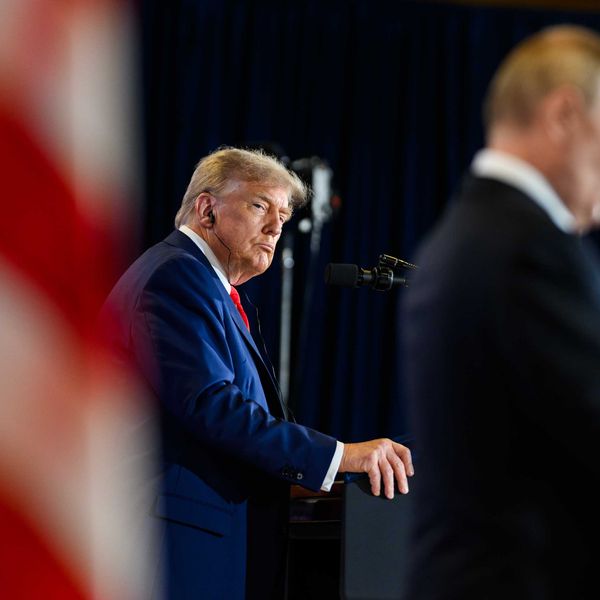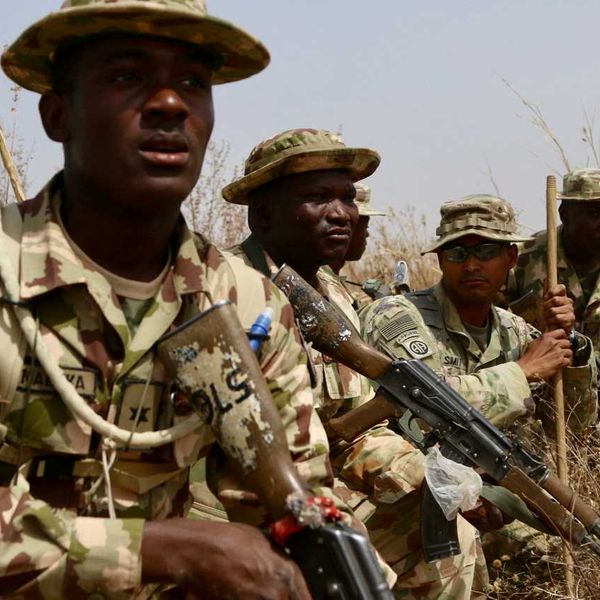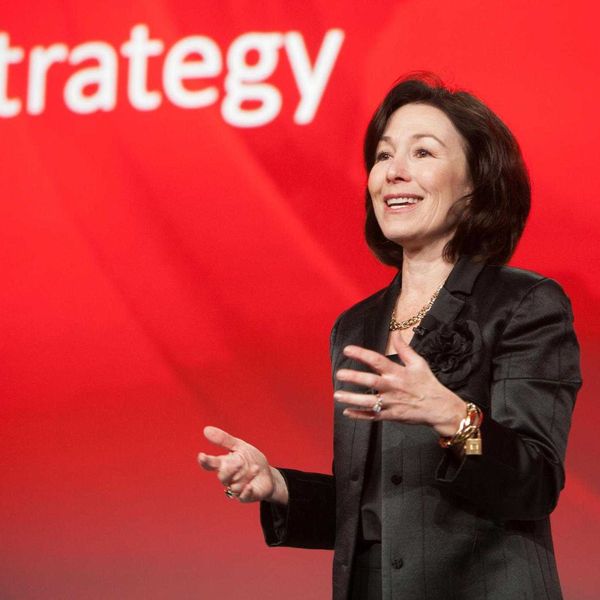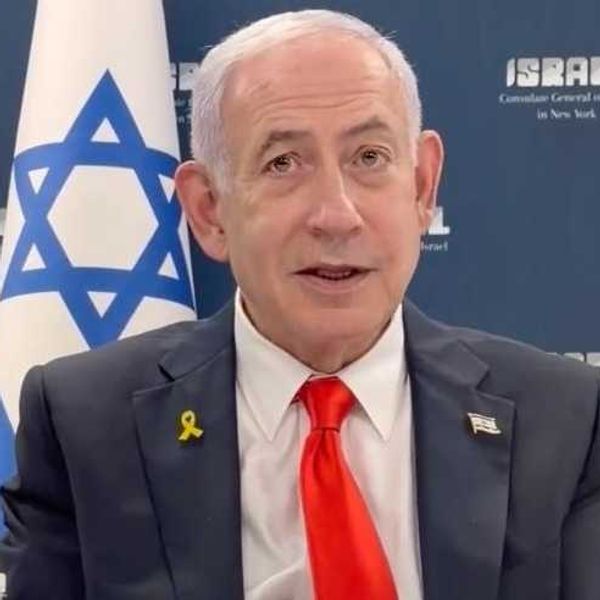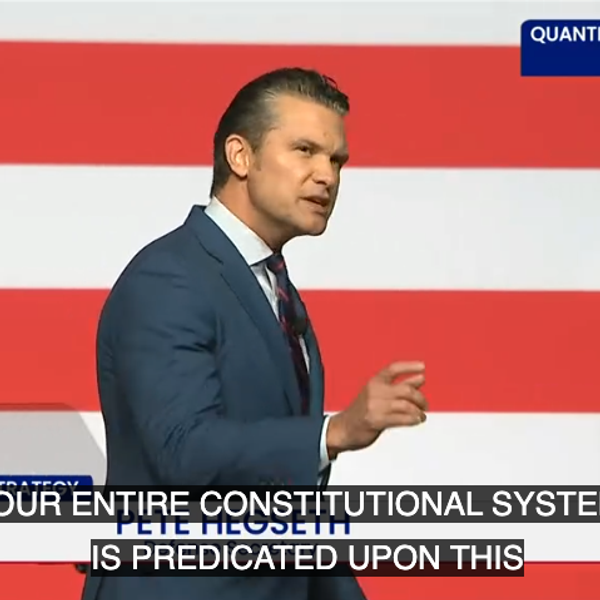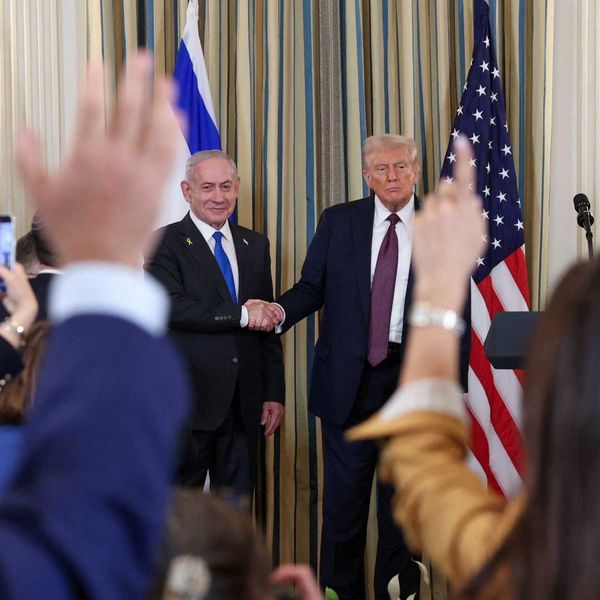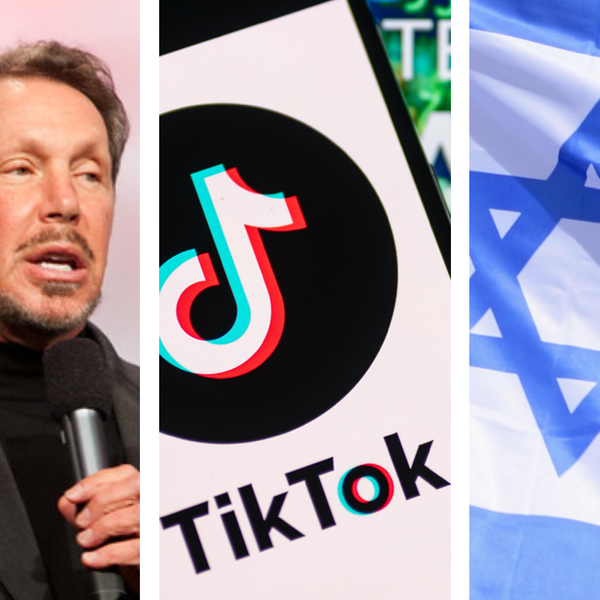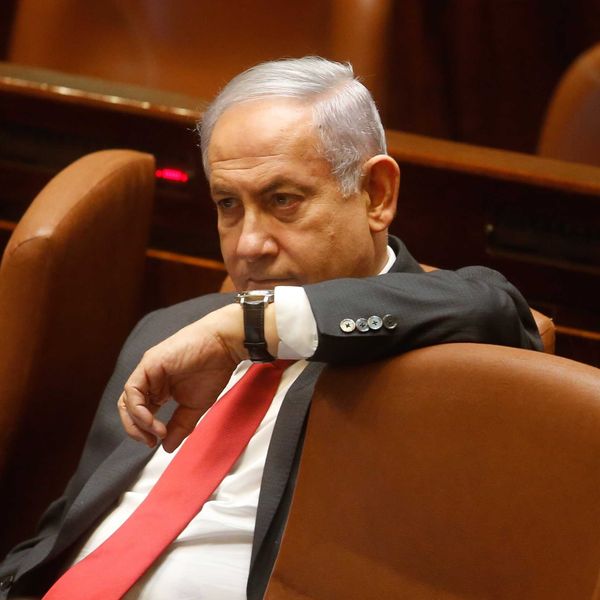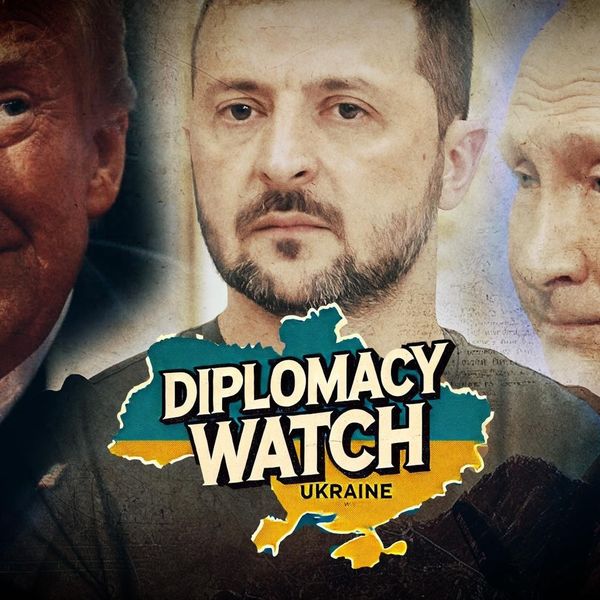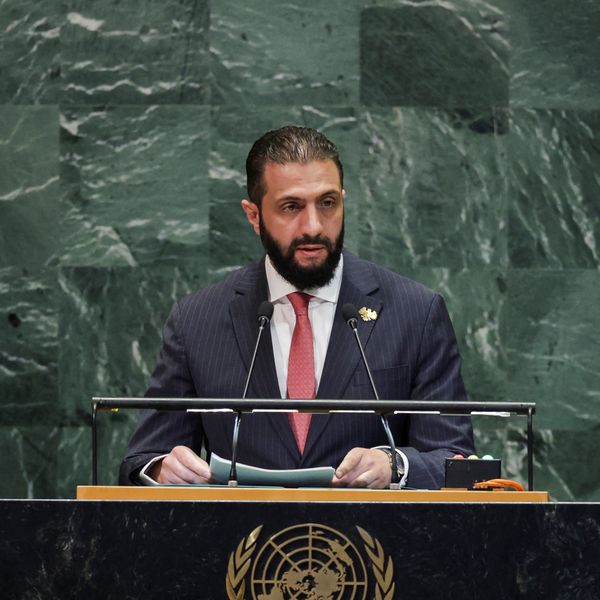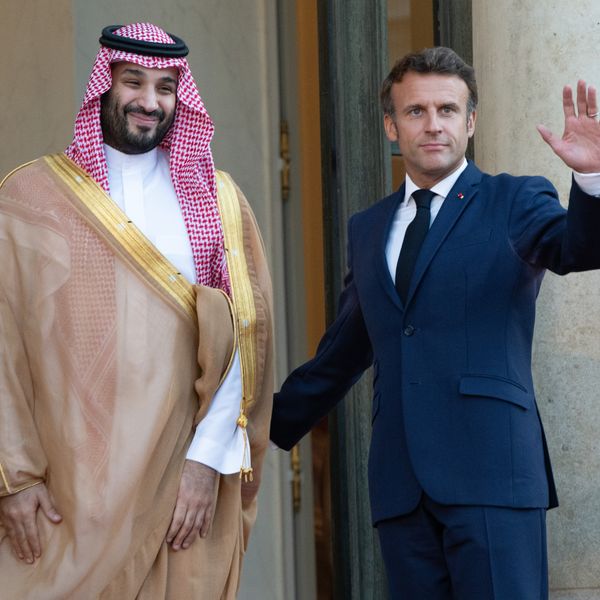The G20 foreign ministers meeting in New Delhi, India, concluded Thursday, with divisions over the war in Ukraine taking center stage.
Indian Foreign Minister Subrahmanyam Jaishankar said Russia and China had not agreed to two paragraphs in the summary and outcomes document — one acknowledging discussions of the war’s impact on the global economy and another maintaining that “it is essential to uphold international law and the multilateral system that safeguards peace and stability.” Both paragraphs were copied directly from the G20 leaders’ summit document, written in Bali last November, when all countries had agreed to the language.
Another takeaway that emerged from the two-day talks was the potential for India to take on a mediation role between Russia, Ukraine, and the West. New Delhi has largely maintained its neutrality over the course of the war, notably continuing to abstain from voting on U.N. resolutions that condemn Russia’s invasion. “India may play a central role in facilitating a negotiating process for cessation of hostilities” in Ukraine, Italian Prime Minister Giorgia Meloni said in a statement after meeting with Narendra Modi, her Indian counterpart.
Derek Grossman, an analyst focused on the Indo-Pacific at the RAND Corporation, agreed, telling the AP, “I really do believe that India stands the best chance of all countries to try to hold peace negotiations between Russia and not just the U.S., but the West, actually.”
Secretary of State Antony Blinken also reportedly held a brief meeting with Russian Foreign Minister Sergey Lavrov on the sidelines of the conference, the highest-level in-person talks between the two powers in the last year. “The conversation is unlikely to lead to any immediate breakthrough in Ukraine,” wrote Sarang Shidore, Director of Studies at the Quincy Institute. “But the fact that the two foreign ministers felt the need to speak at all to each other when all bilateral conversations of a strategic nature have practically ceased speaks to the utility of forums like the G20.”
Publicly, Blinken continued to sharply criticize Russia’s invasion, as well as China’s attempts to “have it both ways,” by publicly promoting its peace proposal while “it continues to fuel the flames of this fire that Vladimir Putin started.”
The dynamic at this week’s meeting underscores the Biden administration’s failure to divide the world into “democracies vs. autocracies” in response to Russia’s invasion of Ukraine, as much of the Global South, including India, has consistently refused to join Washington’s efforts to isolate Moscow. As Shidore further notes, bringing the war in Ukraine to an end is important to India, since it is interfering with New Delhi’s priorities in its term as G20 leader, including debt relief and climate change.
In other diplomatic news related to the war in Ukraine:
—Germany, France, and the United Kingdom pitched a limited defense pledge for Ukraine in a possible effort to foster peace negotiations.
—Treasury Secretary Janet Yellen made a surprise visit to Kyiv, and reiterated the Biden administration’s line that the U.S. will continue to support Ukraine for “as long as it takes.”
—Lithuania’s foreign minister appeared to push back on claims that Ukrainian attempts to take Crimea would lead to a dangerous Russian response. “Myth 4: Crimea is a red line for Putin,” Gabrielius Landsbergis wrote in a Twitter thread. “Reality: Putin has announced many red lines. He threatened huge consequences if Ukraine’s allies sent any help at all, but his red lines keep evaporating.”
—Russia gave a tepid endorsement of China’s peace plan. "Any attempt to formulate theses for reaching a peaceful settlement of the problem is welcome, but, of course, the nuances are important," said Kremlin spokesman Dmitry Peskov.
U.S. State Department News
In Wednesday’s State Department press briefing, spokesperson Ned Price responded to Russia’s withdrawal from the New START treaty:
“Russia’s purported suspension of New START will, at the same time, not stop the United States from continuing to support Ukraine. We are doing precisely what we told President Putin and the Kremlin and the rest of the world that we would do should Moscow continue with its aggression last year. Mutual compliance with New START, we believe and we are confident, strengthens the security interests of the United States, our allies and partners, but also of Russia, the Russian people, and the rest of the world,” he said.

